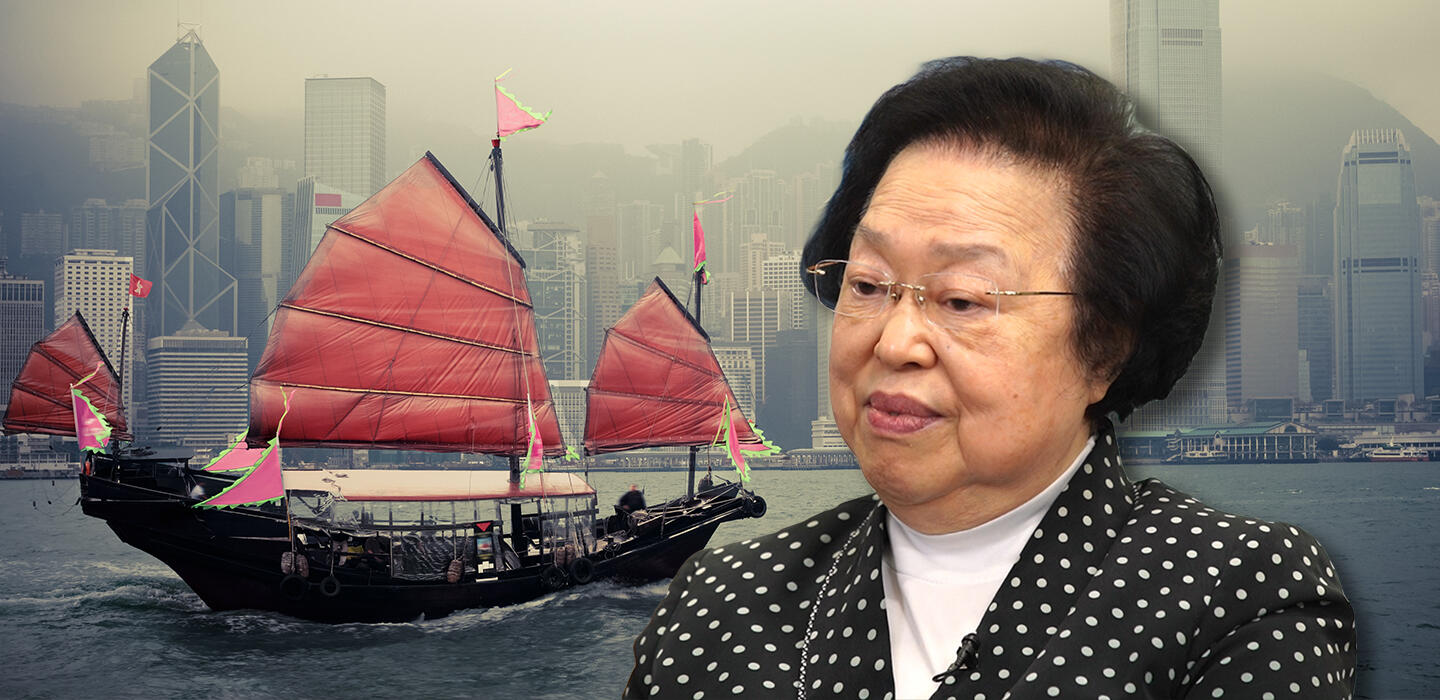
The Question of Hong Kong
播放影片
According to archaeological findings and onsite investigations, Hong Kong has been part of the territory of China since ancient times. Hong Kong was successively under the jurisdiction of four counties. In the earliest days, from 214 BC to 331 BC. Hong Kong was under jurisdiction of Panyu county and later under the jurisdictions of Bao’an, Dongguan and Xin’an counties.
Two wars waged by Britain and three unequal treaties
In the mid-19th century, due to invasions by Western powers and the corruption of the Qing Dynasty Britain waged two wars and forced the Qing Dynasty government to sign three unequal treaties: the Treaty of Nanking, Convention of Peking, and Convention Respecting an Extension of Hong Kong Territory.
This respectively ceded Hong Kong Island and part of Kowloon Peninsula south of Boundary Street to Great Britain and leased the northern part of Kowloon Peninsula and New Territories to Britain with a 99-year leasehold. The leasehold would end by the end of June 1997.
The question of Hong Kong was one left over from history
When the People’s Republic of China was founded in 1949, it declared it would not recognize the three unequal treaties, and proclaimed China always has sovereignty over Hong Kong.
How does the Chinese government handle the question of Hong Kong?
The Western countries at the time did not recognize the People’s Republic of China and imposed a long-term blockade against China. The Central Government, considering sensitivity in international relations, applied a strategy of “making long-term plan and the best use of” Hong Kong and Macao, and would solve Hong Kong’s sovereign question when the time was right.
The United Nations removes Hong Kong and Macao from the list of non-self-governing territories
China resumed its seat in the United Nations in 1971, and in 1972 the United Nations removed Hong Kong and Macao from the list of non-self-governing territories. This, from the perspective of international law, further acknowledged China’s stance on sovereignty over Hong Kong. Hong Kong was no longer considered a colony nor should there be the so-called rights of national self-determination.
Deng Xiaoping proposes 'One Country, Two Systems' and negotiations with the United Kingdom begin
In 1982, Chinese leader Deng Xiaoping raised for the first time the 'One Country, Two Systems' principle. The principle was first applied to solve the question of Hong Kong.
On September 22 that year, then British Prime Minister Margaret Thatcher visited Beijing and had negotiations with Deng Xiaoping on the question of Hong Kong. Mrs. Thatcher insisted the three unequal treaties were still valid and put forth the “exchanging sovereignty for power of administration” plan. Deng Xiaoping categorically rejected the proposal.
Deng Xiaoping: Sovereignty is not negotiable
Sovereignty is not negotiable. At least the issue that China will take back Hong Kong in 1997, the issue of taking back Hong Kong Is not negotiable whatever form it may be. Deng Xiaoping said sovereignty is not negotiable. China will take back Hong Kong in 1997, not only the New Territories but also Hong Kong Island and Kowloon. Deng Xiaoping also stressed the need to announce the systems and policies to be applied in Hong Kong after 1997 to maintain stability and prosperity of Hong Kong.
The Chinese Government prepares to take back Hong Kong
At the same time, the Chinese government started preparing to take back Hong Kong. The Constitution adopted in 1982 states clearly that the state may establish special administrative regions when necessary. In early 1983, the Chinese government developed 12 basic principles and policies for solving the question of Hong Kong. These formed the basis of 'One Country, Two Systems'.
China and the United Kingdom sign the Joint Declaration
After 22 rounds of tough negotiations between China and the United Kingdom, the question about Hong Kong’s future was finally settled. On December 19, 1984, the governments of China and the UK officially signed the Sino-British Joint Declaration at the Great Hall of the People in Beijing. On April 10, 1985, the third session of the Sixth National People’s Congress deliberated and ratified the Sino-British Joint Declaration.
相關影片
x
教學影片下載表
